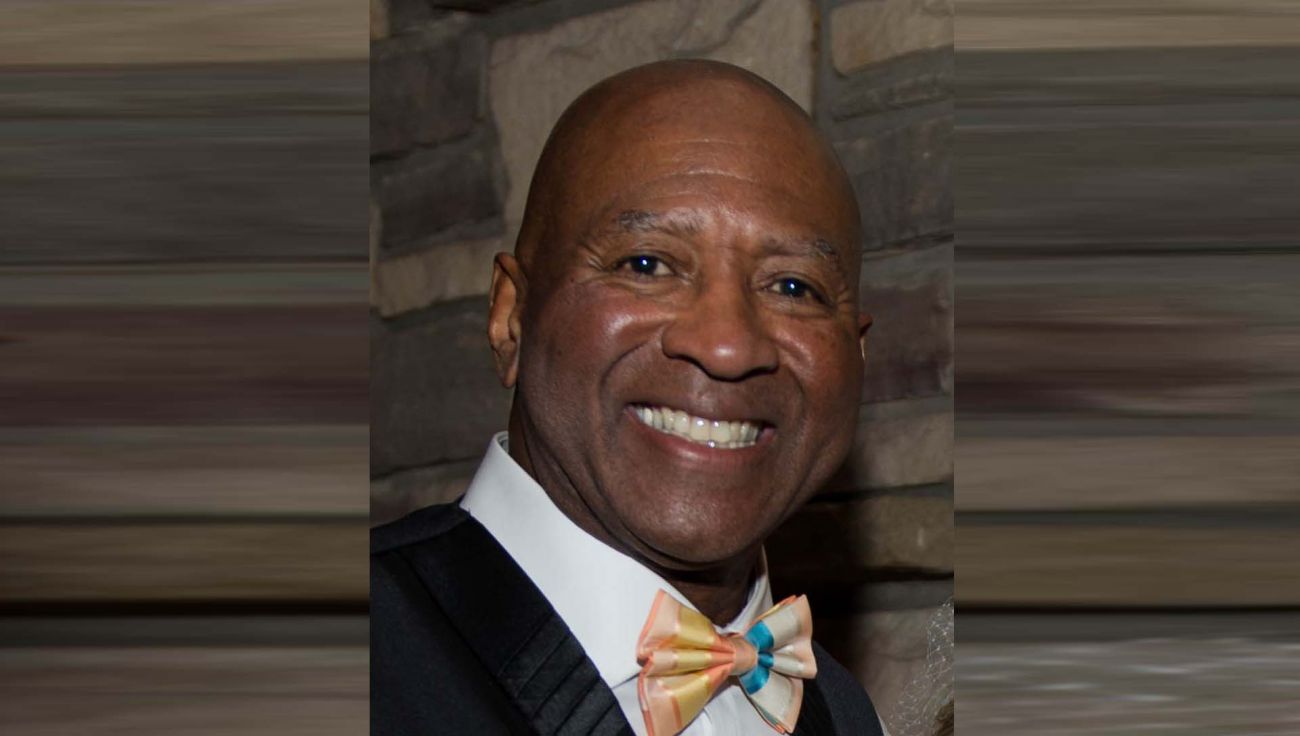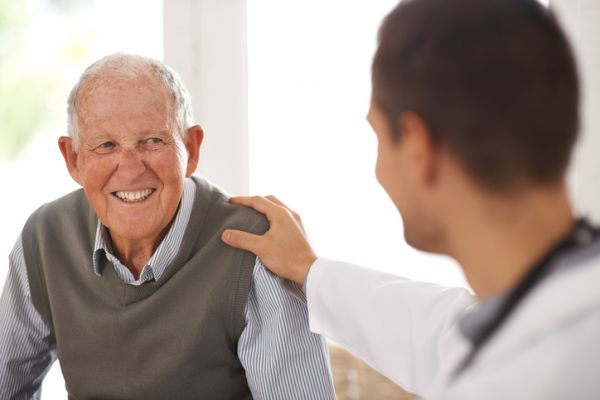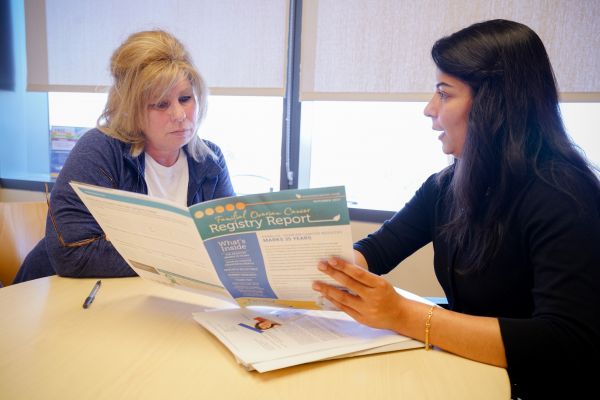I Am One of 8 Brothers and We All Have Had Cancer
All families have their traditions. In ours, we tend to have big families, with numerous siblings – and a lot of cancer. My father was diagnosed with cancer when he was 44 years old. They found it in his lungs, did a biopsy and took part of his lung out. I assumed he had lung cancer as he painted cars and smoked cigarettes. And, I thought he was going to be okay.
I was wrong on both counts. But it was many years before I learned the truth.
I’m the 7th of 10 children, eight boys and two girls. When Dad got sick I was in high school and was very involved with sports. My parents had separated so I wasn’t with him as much as when I was younger. Then, right before my senior year of college, Dad went back into the hospital. This time, he didn’t come out. He died in 1976, at the age of 49.
Fast forward nearly thirty years. In 1999, my first brother was diagnosed with prostate cancer at 60 years of age. When I told my local doctor about my brother, he said, “Okay, now I understand where your father’s cancer started.”
“What?”
“I believe your father’s cancer started in his prostate,” he said. It was an insightful evaluation.
What were the clues?
Dad had been so young when he was diagnosed. And now came my brother’s diagnosis. For my doctor, that was enough. “From here on in,” he told me, “we’re going to watch your PSA level.” So, every year I had the PSA test (a simple blood test which measures the amount of a protein called prostate specific antigen in your blood). From 1999 to 2003, my PSA level was consistently at 1. Meanwhile, a second brother was diagnosed with prostate cancer in 2001, and a third in 2003. In 2004, it was my turn.
Our family cancer history goes on and on. My father was the youngest of 16 children. He died of prostate cancer, as did his twin brother, my Uncle Bill. We contacted two cousins living in California. They both had a PSA blood test. They both had prostate cancer. For my brothers and me, all eight of us have been diagnosed with prostate cancer. Two have died.
If you read about Nat King Cole, you’ll read that in 1965 he passed away because of lung cancer. But Nat’s father and my grandfather were brothers. And my grandfather, like my father, died of prostate cancer. So because of that history, I can now assume where Nat King Cole’s cancer started, too.
Never miss another Cancer Talk blog!
Sign up to receive our monthly Cancer Talk e-newsletter.
Sign up!I got tested early and it saved my life
After one of my annual PSA tests, my doctor said, “I need to talk to you.” My PSA had gone from 1 to 2. “It might not be anything,” my doctor said, “but you have family history and, the sooner we pay attention to this, the better.” He sent me to a urologist, who said it wasn’t much yet, so we could just do ‘watchful waiting,’ which basically means getting tested again in six months. The other option was to have a biopsy of my prostate.
I thought of my father and brothers and decided it would be good to know where I stood right now. The biopsy came back 25% cancerous and my Gleason Score was over 7 and nearing 8. That’s an aggressive cancer that could easily metastasize elsewhere in my body.
I decided to have surgery in Florida, with the same doctor that performed Pat Robertson’s surgery. Six months later I had another scan and it showed no sign of disease. Today, I am cancer-free and have a normal PSA level.
Advocating for awareness and early detection
I’ve always been a community-involved kind of guy and I’ve always been very health-oriented, trying to take good care of myself. When I retired from the NFL after the 1988 season, it was natural to move into advocating for good health. In 1982, I became the Western Pennsylvania honorary spokesperson for the American Heart Association’s Jump Rope For Heart program. I’d go to schools and talk to the kids about exercise, eating right and staying fit.
But it wasn’t until prostate cancer overtook my family that it became clear to me that this was my new path. After my illness, I started to learn more about the disease. I discovered that, although it’s the second leading cause of cancer death among men (second only to lung cancer), prostate cancer remains the best kept secret around. When I go to junior high schools, kids have no idea what I’m talking about. They don’t know of prostate cancer. When we found out about the Zika virus threat, it seemed like everyone in the country knew about that disease within a matter of weeks.
Every October, half the companies we interact with will run pink-hued promotions for Breast Cancer Awareness Month. I’ve supported breast cancer research and funding for years, but I’ve never seen commercials about prostate cancer. I’ve never seen a billboard anywhere that says something about prostate cancer. Have you? And if you did, would you pay attention?
If you saw the billboard, would you get tested?
Let’s be honest, men don’t want to talk about it. When men talk about all the aches and pains they have, they don’t talk about prostate cancer. We don’t want to know when there’s something wrong with our manhood. But, we need to know.
In any given year, 200,000 to 300,000 men are diagnosed with prostate cancer. Of these men, 20,000 to 30,000 will die. A lot of them don’t have to. In 2006, I got together with two other prostate cancer survivors and we started the Obediah Cole Foundation (now called the Robin Cole Foundation). Our mission is to educate men on prostate cancer and support prostate cancer screenings and trainings.
When possible, we do free screenings. We offer training on prostate cancer and advocate for early detection.
This is a wakeup call
NFL players put in a huge effort, day in and day out, to play at that elite level. We make enormous commitments and sacrifices for our team. But, despite every nutrition plan and weightlifting regimen, all the doctors and trainers and strength coaches in the world at our disposal, genetics and cancer get ignored.
If we don’t look out for these aspects of our health, it can all be taken away in an instant. It’s time to talk about prostate cancer in everyone’s locker room and everyone’s kitchen. When you hear someone is facing cancer, don't just shrug and say, “Well, that's too bad.” Take the next step for yourself and your family.
I want to tell this story for the rest of my life.


